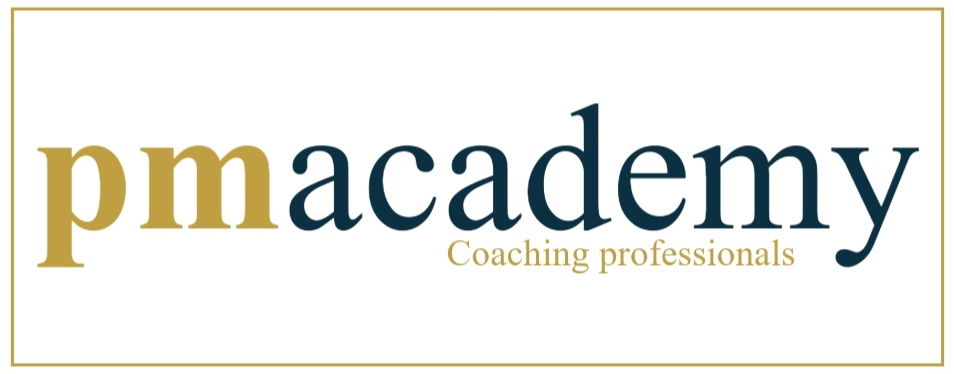Culture and values are two essential aspects that influence the performance and outcomes of projects. Culture is the shared beliefs, norms, and practices that shape the behavior and expectations of the project team and stakeholders, while values are the principles and standards that guide the decision-making and actions of the project participants. A project manager needs to understand and respect the culture and values of different project stakeholders, and align them with the project objectives and vision.
One of the tools that can help a project manager to do this is the culture/values map, which identifies and compares the culture and values of different stakeholder groups, such as the project team, the sponsor, the customer, and the end-users. The culture/values map can help to reveal the similarities and differences among the stakeholder groups, and highlight the potential areas of conflict or synergy. The project manager can then use appropriate strategies to bridge the gaps, leverage the strengths, and mitigate the risks related to culture and values.
By considering the culture and values of stakeholders, a project manager can enhance the collaboration, communication, and commitment of the project participants, and ensure the project’s quality and satisfaction.
